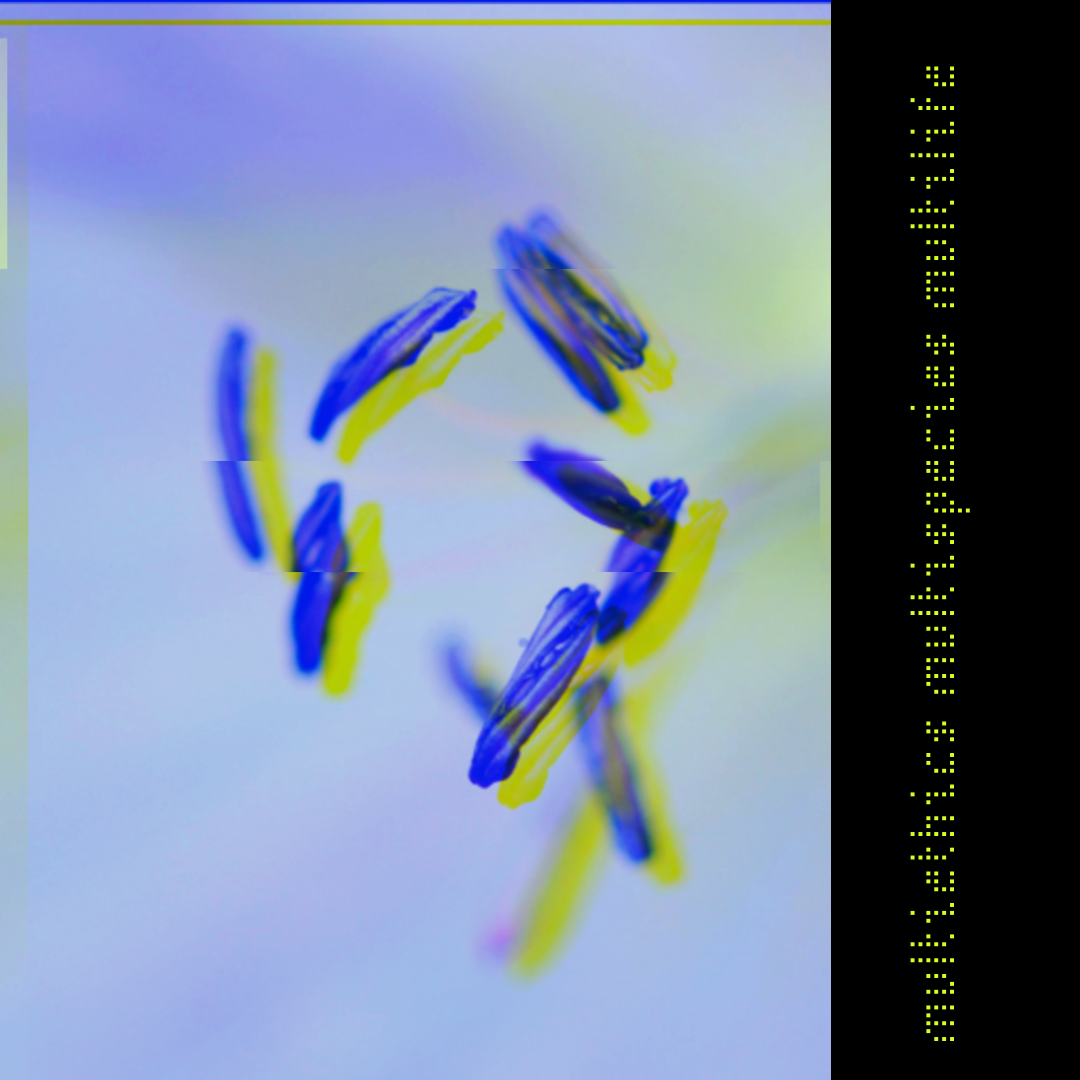
Barbara Hurd
Artist Statement: Talking & Listening to Plants
One of the friendly arguments my husband and I used to have began years ago when I pointed out a small drift of foxgloves I’d planted in our backyard. “Aren’t they beautiful?” I asked.
He nodded, but later confessed in a poem that such claims about beauty made him grumble because
. . . I was thinking
of conversation, the way beautiful
often puts an end to it.
A few days later I answered his poem with a haiku of my own:
What’s wrong with silence:
beauty’s wish that something more
than mouths might open?
Back and forth we went in a non-conversation that delighted us both. But I was never sure what I meant by “something more” and now, years later, I still don’t, though I’ve been making a list of what else in the presence of beauty might possibly open:
Clenched fists
Minds too soon made-up
The shriveled lies we sometimes use as consolation
Space inside what seem like solid thoughts
Acknowledgements of emptiness
Wider and wider contexts: A sense of deep time and the inexorability of change
Vision enough to notice what grows under shade, under stones, under our enormous need to wave a superior’s flag.
Possibilities of prepositions: alongside, among, in the company of.
Rigid lines between wet and dry, water and land,
between the garden and the gardener.
I wrote “Milkweed” some months after my husband died. In the ensuing silence, maybe exploring the plant’s discarded pod was one way I’ve been trying to keep my attention fastened to this world.
Barbara Hurd is the author of The Epilogues (Standing Stone Books 2021) and five other books on the human/natural world. Recipient of a Guggenheim Fellowship, an NEA Fellowship for Creative Nonfiction, and the Sierra Club’s National Nature Writing Award, she teaches in the MFA in Writing Program at the Vermont College of Fine Arts. www.barbarahurd.com.

